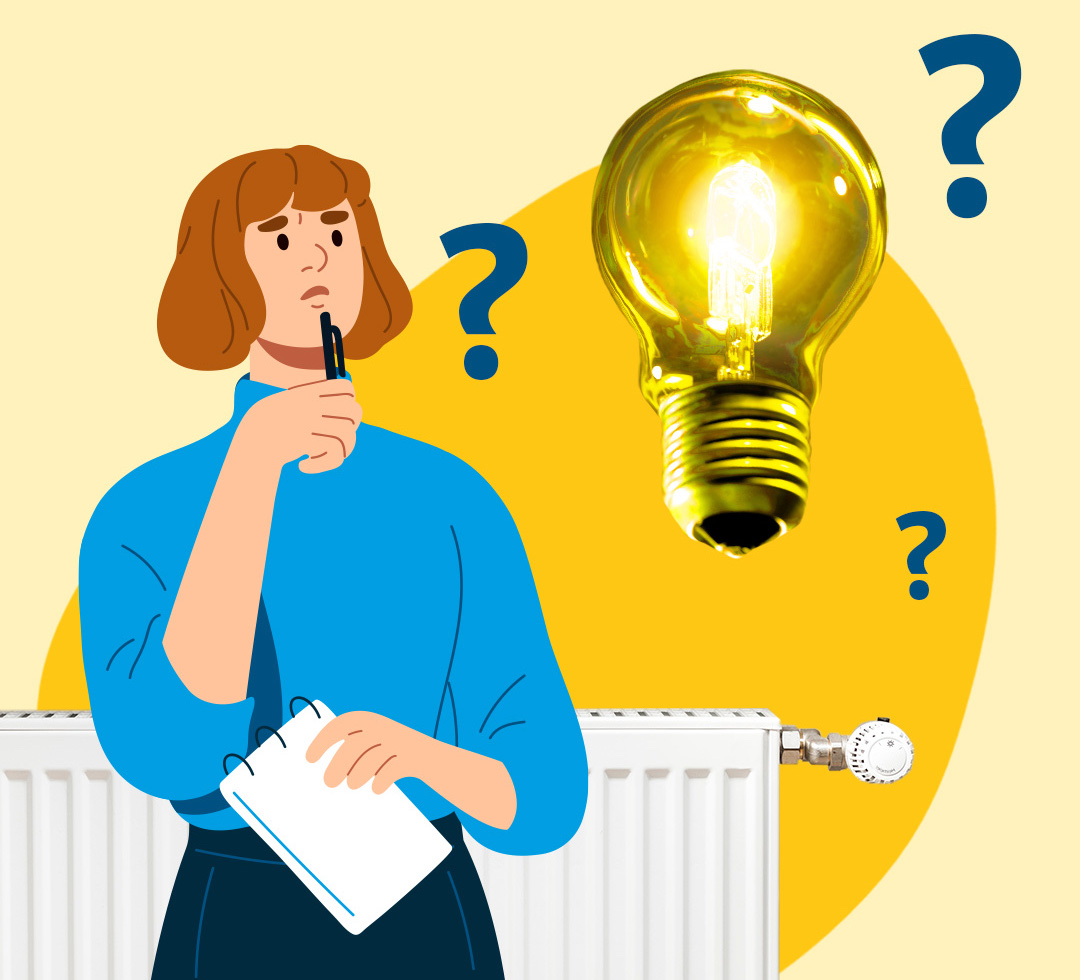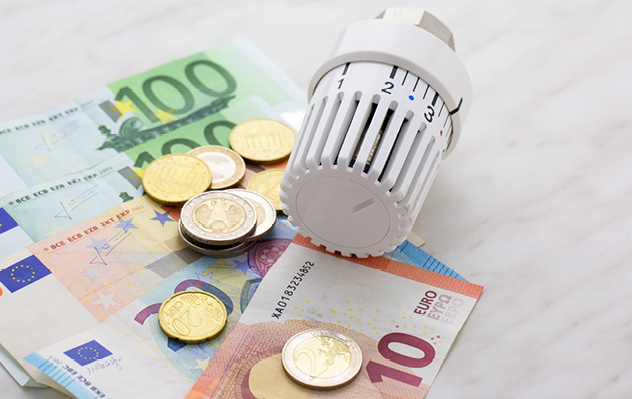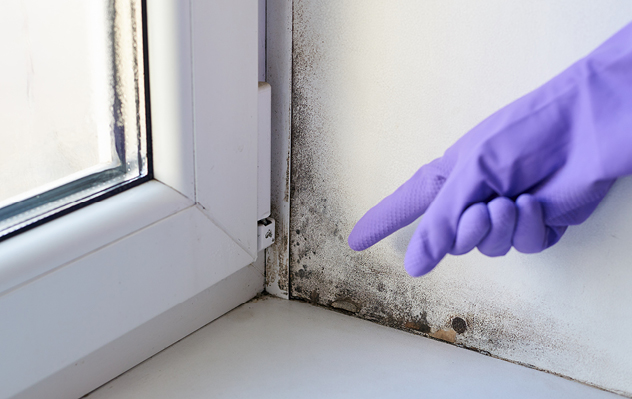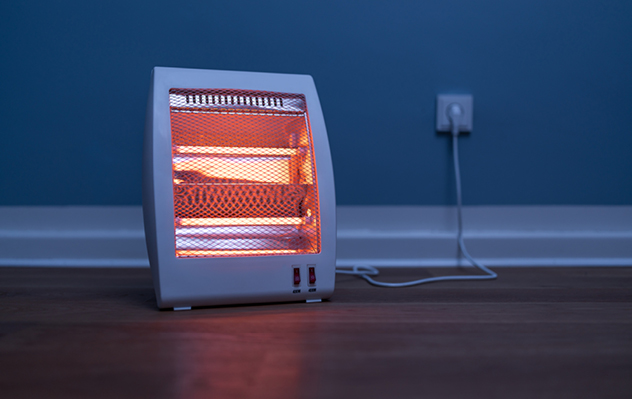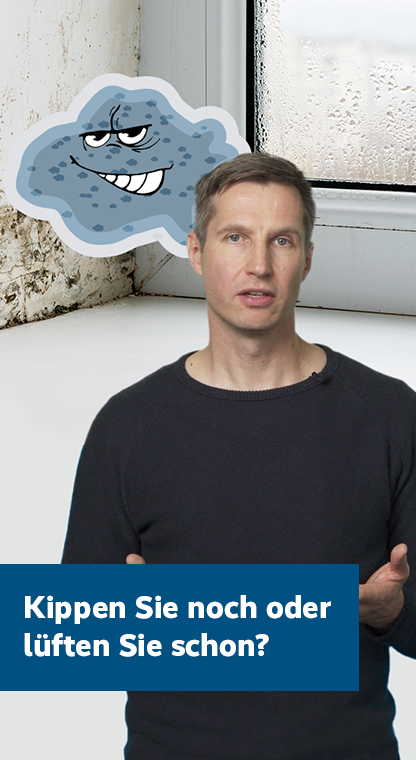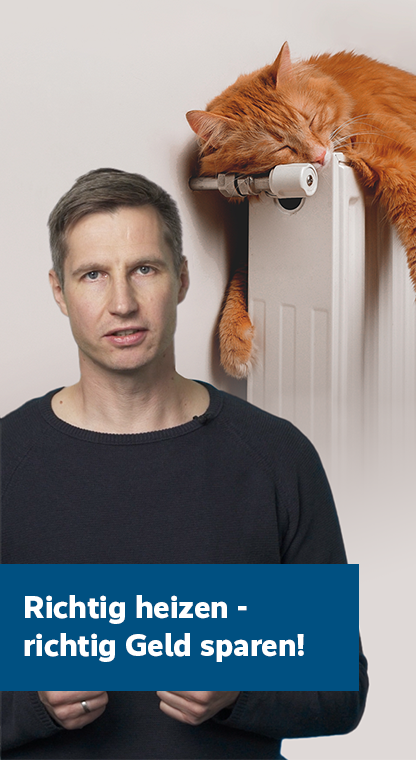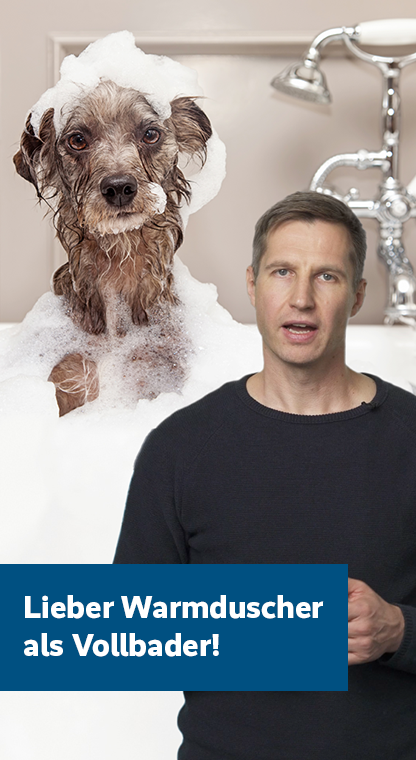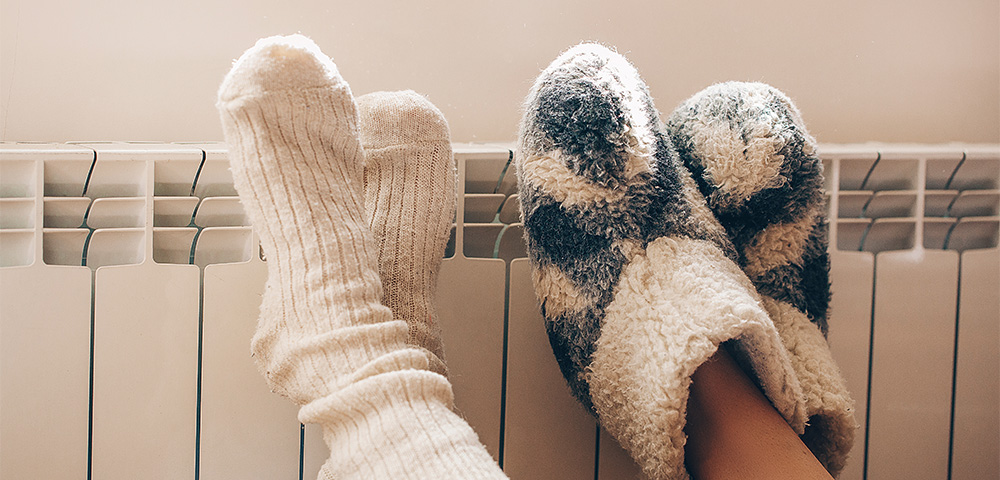It is important to us to support our tenants even in challenging times. For this reason, we developed a comprehensive communication package for our tenants in the wake of the energy crisis.
In a personal letter, we not only warned you about the increased heating and hot water costs, but also informed you about the current relief offers from the federal government. In our regularly updated information block on the website, the tenant newspaper, flyers, notices, social media channels and in expert videos or personal consultations, we sensitize you to the topic of saving energy. We give you tips on how the increased costs can be kept within limits and where you can find support offers.
